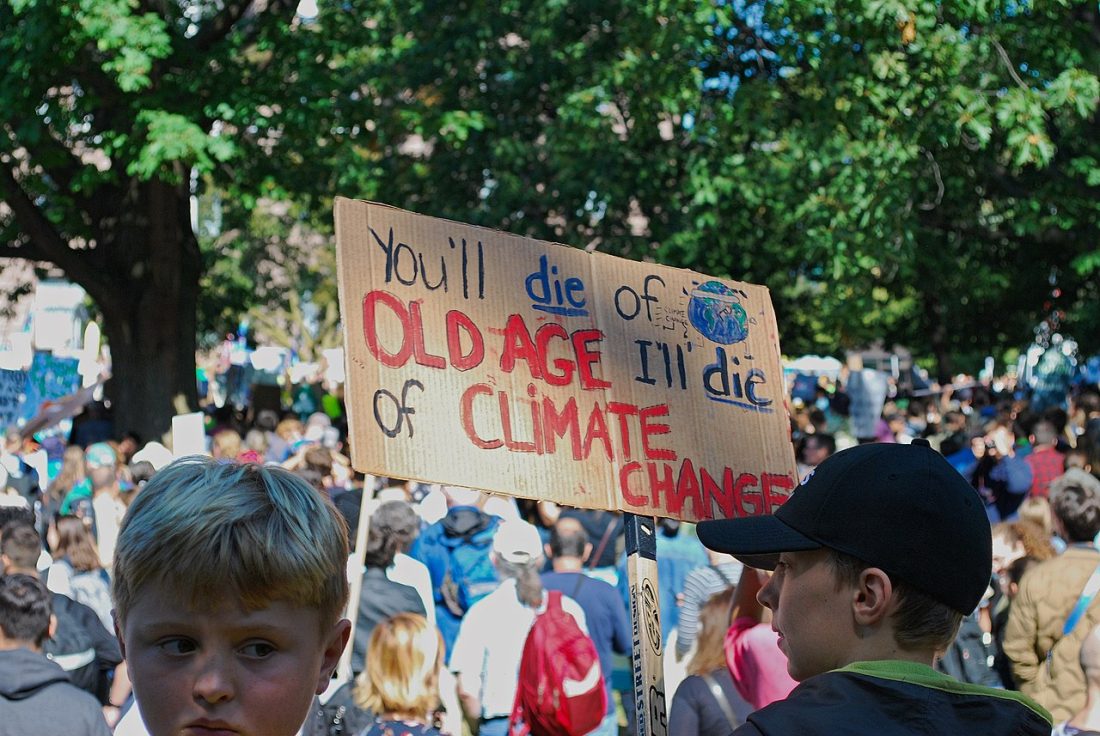
Climate change: from caring to action
We’ve all heard the arguments that individual consumption changes are “futile” since 70% of the world’s greenhouse gas emissions can be traced back to 100 companies. This is true, but only to a certain extent.
It is true that industries must take on their role in fighting the climate crisis, and we know that progressive policies are fundamental for systemic change. However, we cannot dismiss individual efforts and their impact. The fact is ‘two thirds of global emissions are linked to both direct and indirect forms of human consumption’. With this being the case, if millions of people made changes to their behaviour this could have a gigantic ripple effect in the fight against climate change.
We need to engage people – whether individuals, households, or organisations – to help shift their behaviour.
Level of awareness
We’ve seen more and more brands announce their sustainable policies, aligning to the cultural shift in consumers and workers:
- products marketed as sustainable grew 5.6 times faster than those that were not
- 74% of young workers (18-34) and 66% of over 35-year-olds would be ‘happier working for a company with a positive impact and purpose in the world’
Polls have highlighted globally that the majority of people agree that climate change is happening, understand that it is a direct result of humans, and think governments should urgently intervene.
In late July, the EU announced their stimulus package that is set to ‘make fighting climate change central to Europe’s economic recovery from the Coronavirus pandemic’. The UK government have said they are committed to building a “greener, more resilient national economy”, although environmental groups have levelled criticisms that there lacks concrete action to match this rhetoric.
You’d be hard pushed not to link the public’s awareness and understanding of the climate crisis in driving this “greener” policy transition.
So it’s good news, there is a high level of awareness with regards to climate change. We know that on the whole people care! The bad news, however, is that this doesn’t necessarily translate into sustainable long-term action.
Four rules: to help you go from caring to action
We know that modifying individual behaviour can have a huge impact in the fight against climate change. We also know that getting people to make big lifestyle changes to stop something happening in the future – in this case, something unfathomably catastrophic – is incredibly difficult.
What tried and tested rules can we apply to engage individuals to take them from caring to action?
1. Easy, tangible and hassle free
Make the action as easy, tangible and as hassle free as possible.
A great example of this is plastic straws. Banning plastic straws was easy enough for everyone to comprehend and get on board with. Some may have scoffed at this effort, but the impact cannot be underestimated. If the UK bans all use and production of plastic straws that’s eradicating 3,570 tonnes of plastic waste per year – the equivalent weight to 31 blue whales.
2. Sustainable by default
When people are faced with a choice, they tend to stick with the default option.
This could be serving vegetarian food by default on planes, or automatically setting printers to print double-side, or hotels not changing sheets and towels unless requested.
The potential to make systemic change by switching to default can be played out in examples such as pension investment. The Make My Money Matter (MMMM) campaign is calling on everyone including the industry to take the UK’s trillions of pounds pension pot and use it to build a better world. That means no more investments in fossil fuels, tobacco, oil, weapons, deforestation etc…
MMMM show that moving to a more sustainable fund can have 27 times as much impact in reducing your carbon footprint than giving up flying and becoming a vegan combined.
Imagine the potential if all pensions were by default ethically invested, with the same returns for the investors.
3. Incentives
Who doesn’t like to think they are getting a good deal or better yet a reward for something? Studies show that using incentives to drive behaviour change can have a positive impact in take up. This might be extra points on your supermarket card every time you buy a sustainable product or discount off hotel stays by using carbon offsets when booking travel options.
4. Social proof
Humans are heavily influenced by what others do; therefore, it is important when trying to effect behaviour change to provide social proof i.e. show that other people are already doing the change you want to see.
Not a one size fits all approach
The need for systemic change is undeniable. As is the potential impact of influencing individual behaviour. We know that challenging routines and behaviours that are ingrained in our way of life will need a nuanced approach for each context. We are, however, confident that with the right insight and application, we can start the global shift from caring to action.


